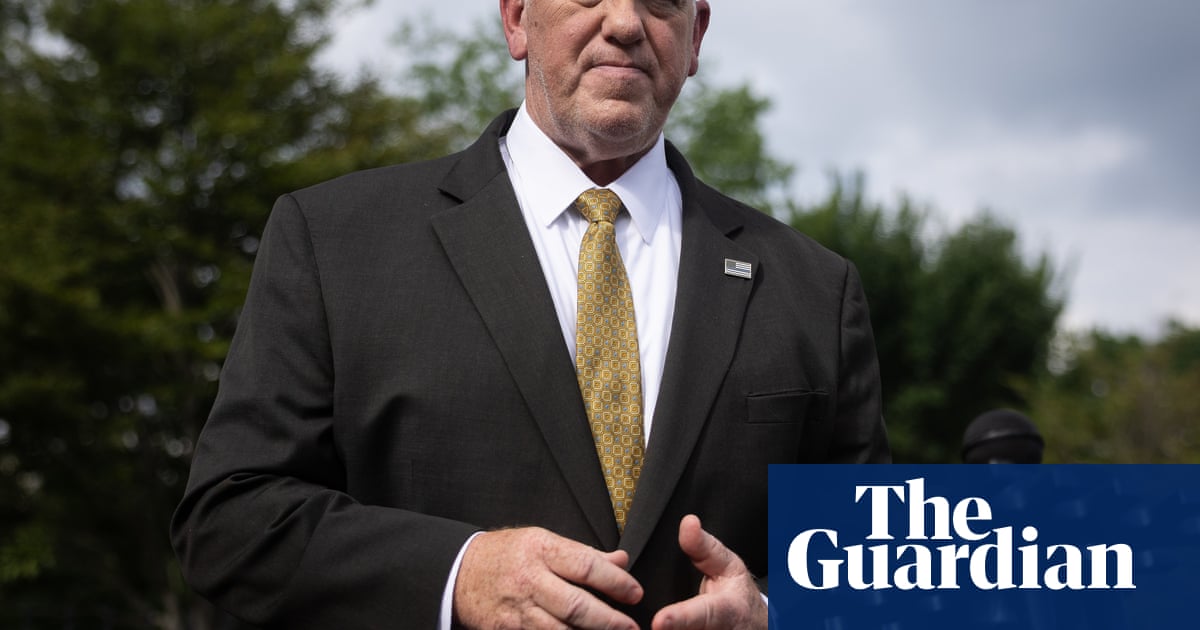The Controversy Surrounding U.S. Deportations to Third Countries: A Look at the Recent Case Involving South Sudan
In the complex landscape of U.S. immigration policy, recent statements from Tom Homan, the former acting director of U.S. Immigration and Customs Enforcement (ICE), have stirred significant public interest regarding the rights and futures of deported migrants. Homan revealed that he is unsure about the fate of eight men deported to South Sudan, a practice that has reignited debates on the ethics and legality of sending individuals to countries where they hold no prior connection.
The Background of Deportation Policies
Deportation to third countries is not a new phenomenon, but its resumption during the Trump administration raised eyebrows. This specific instance involved eight men who had been convicted of violent crimes in the U.S. According to Homan, this move was sanctioned by recent Supreme Court decisions that effectively broadened the administration’s authority to deport migrants, even to countries they are not originally from.
Details of the Deportation
The men were deported in May but remained on a military base in Djibouti for several weeks, stymied by a U.S. court’s intervention. Following the court rulings, they were ultimately sent to South Sudan, a nation that has faced significant turmoil in the form of civil war and instability. The decision to send these individuals to a country where only one has established connections underscores the complexity of the situation and the unpredictable outcomes that often follow such actions.
Insights from Tom Homan
Homan’s comments illustrate a stark reality: the U.S. government has effectively washed its hands of responsibility for these individuals once they have been deported. When asked what would happen to them in South Sudan, he stated, “They’re free as far as we’re concerned.” This cavalier attitude sparks questions about the accountability the U.S. government holds for its actions and the well-being of those deported.
Further complicating matters, Homan acknowledged the uncertainty surrounding their stay in South Sudan. “There’s like a 100 different endings to this,” he remarked, indicating that the fate of these deported individuals could vary widely—some may find temporary refuge, while others might choose to leave immediately.
South Sudanese Authorities’ Position
The government of South Sudan has confirmed that the deported men are in their custody in Juba, “under the care of the relevant authorities, who are screening them and ensuring their safety and well-being.” This assurance raises new layers of complexity, as the context of safety and welfare becomes paramount, especially given the country’s unstable political landscape.
Broader Implications of Third-Country Deportations
The implications of third-country deportations extend beyond this single case. The Trump administration has taken a controversial stance, also deporting Venezuelan migrants to El Salvador, where they face grim conditions in notorious prisons. Moreover, reports suggest that the administration is in talks with other nations like Costa Rica, Panama, and Rwanda to accept similar deportations, raising international concerns over human rights and the ethical ramifications of such policies.
Homan’s Controversial Reputation
Homan’s notoriety does not end with this recent episode; he has been characterized as the intellectual “father” of policies enacted during the Trump administration that led to the separation of migrant families. His influence on immigration policy and practices has drawn both ire and support, leaving a complex legacy that continues to shape the discourse around U.S. immigration.
Conclusion
While the specifics of this deportation case underline the governmental complexities and uncertainties involved, they also highlight the broader ethical issues. The responses from officials, both in the U.S. and South Sudan, will likely continue to evolve as the ramifications of these policies unfold, ensuring that discussions around immigration will remain a contentious and multifaceted topic for the foreseeable future.


